Many animal species spend at least part of their time living in groups. Many fish live in shoals, birds in flocks, mammals in herds, just to name a few. With many eyes searching, group membership can allow animals to consistently find food. A potential downside to being in a group, however, is that some group members can take more than their fair share of found food. Think about the last time you ordered too small a pizza for too many people. Animals must weigh these benefits and costs when determining how closely they will associate with members of their own species.
A number of factors might affect an animal’s level of sociability. Previous studies in fish have shown that a few days of fasting can cause individuals to stray from groups to decrease competition for food. In the same way, individuals with a higher metabolic rate could be less social to maximise food intake to satisfy their heightened energy demand. Unknown is how prolonged food-deprivation affects sociability. It is very common for wild fishes to experience weeks of food-deprivation during seasonal changes in food availability. The effects of longer-term food deprivation on sociability could differ drastically from the effects of shorter-term hunger.
We examined these issues in a recently published study conducted in China, along with my great colleagues Shi-Jian Fu and Yuxiang Wang, and two fantastic students, Cheng Fu and Qingyi Wu. We performed the study with young qingbo carp, which are one of the most common fish living in the Yangtze river system. Notably, this species is highly gregarious and also spends several weeks during the winter under complete food deprivation.
In the laboratory, individuals were either food-deprived for 21 days (to simulate a bout of seasonal food-deprivation), or fed a maintenance ration. Fish from each diet treatment were measured for metabolic rate and tested for sociability twice: once in the presence of a well-fed control shoal of fish and once with a food-deprived shoal.
Over the course of a 30 minute trial, fish that had been on a maintenance ration ventured further away from shoals, while food-deprived fish remained close to the shoal. This is unlike fish that have been fasted for a few days, which tend to decrease association with shoals. Prolonged food-deprivation may cause individuals to put such a high priority on food-acquisition that they need to remain with their group to help alert them to predators while they continuously forage.
Among well-fed fish, those with a higher metabolic rate were least sociable, especially when exposed to food-deprived shoals. This probably minimises competition, allowing them to satisfy an increased energetic demand while foraging. Overall, these results suggest that energy demand and food-deprivation – a challenge common for many ectothermic species – can affect individual sociability as well as the attractiveness of groups to members of their species.
You can read more about this work here:
Killen, S.S., Fu, C., Wu, Q., Wang, Y.-W., and Fu, S-J. 2016. The relationship between metabolic rate and sociability is altered by food-deprivation. Functional Ecology. doi: 10.1111/1365-2435.12634

